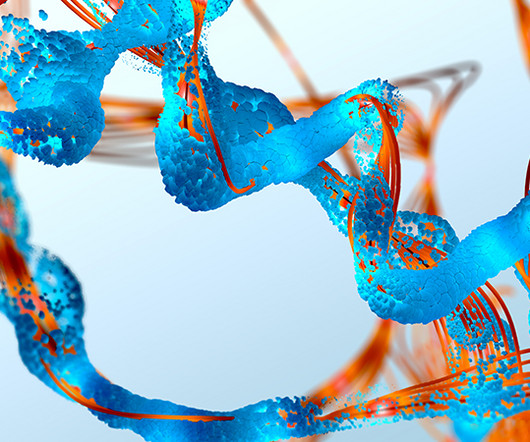The future of CNS drug development: signs of real progress
Drug Target Review
JULY 21, 2025
Disorders such as Alzheimer’s disease , primary glioblastoma and amyotrophic lateral sclerosis (ALS) all affect the CNS and are considered fatal, while more common conditions, including depression , strokes and epilepsy , require long-term treatments. Hundreds of life-altering conditions attack the central nervous system (CNS).











Let's personalize your content